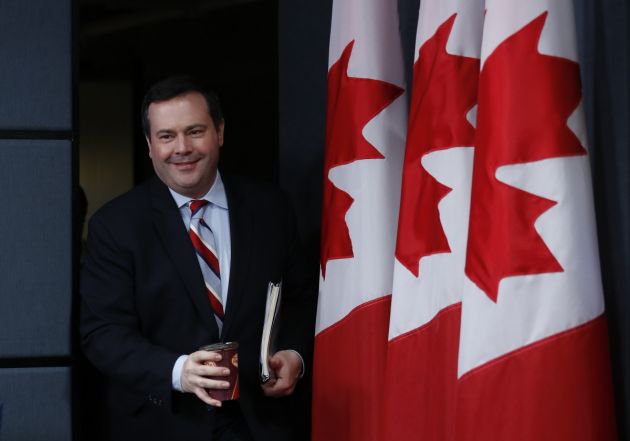Immigration changes Canada's religious composition

Canada has a reputation for being one of the most immigrant-friendly nations in the world.
In February, Canada's citizenship and immigration minister, Jason Kenney, proudly announced that in 2012, immigration to the country had peaked – for the seventh year in a row.
More than 250,000 people immigrated to Canada last year, and according to the latest reports, a full 20 percent of Canada's 35-million people are now foreign-born.
Only Australia, with 27 percent of its population of foreign descent, topped Canada's immigration numbers.
And as a survey released May 8 by Statistics Canada – an official agency - shows, this surge in immigration is changing Canada's religious makeup.
Christianity remains the largest faith group in the country with more than two-thirds of Canadians identifying as Christian.
The vast majority of those Christians are Roman Catholic, and Catholics alone make up 38 percent of the Canadian population.
But despite their strong numbers, Christians are a shrinking proportion of the population as not only immigrants numbers rise, but also the number of non-Christians among those immigrants.
Before 1971, less than 3 percent of all the people who immigrated to Canada self-identified as Muslim, Hindu, Buddhist or Sikh.
But, between 2001 and 2011, 33 percent of immigrants said they belonged to one of these faith groups.
Similarly, before 1971, 16 percent of immigrants said they had no religious affiliation as compared to almost 20 percent of those who came between 2006 and 2011 who self-identified as "nones."
According to the survey, 3.2 percent of Canadians today are Muslim, 1.5 percent are Hindu, 1.4 percent are Sikh, 1.1 percent are Buddhist and 1 percent are Jewish.
But Canadians welcome this religious diversity.
A 2010 survey, also by Statistics Canada, found 75 percent of Canadians agreed that "it is better for Canada to have a variety of people with different religions."
There is, however, no consensus on immigration.
In January 2012, a poll by the public affairs group Angus Reid found that 41 percent of Canadians would like immigration levels to decrease, while 37 percent want levels to remain the same.
The government's immigration goal for 2013 is between 240,000 and 265,000 people.
